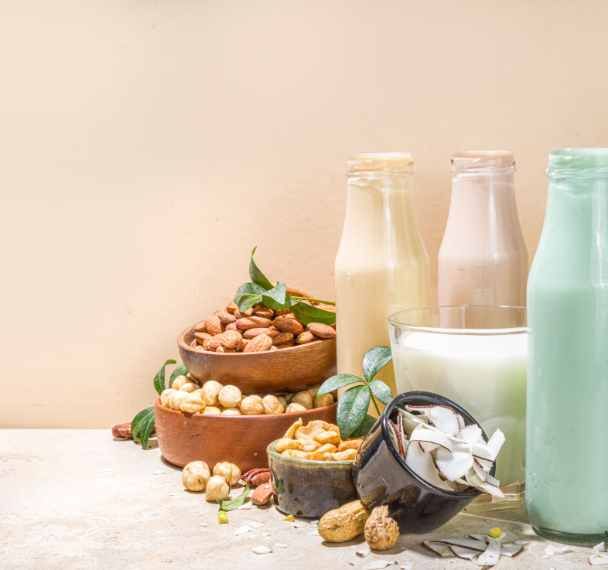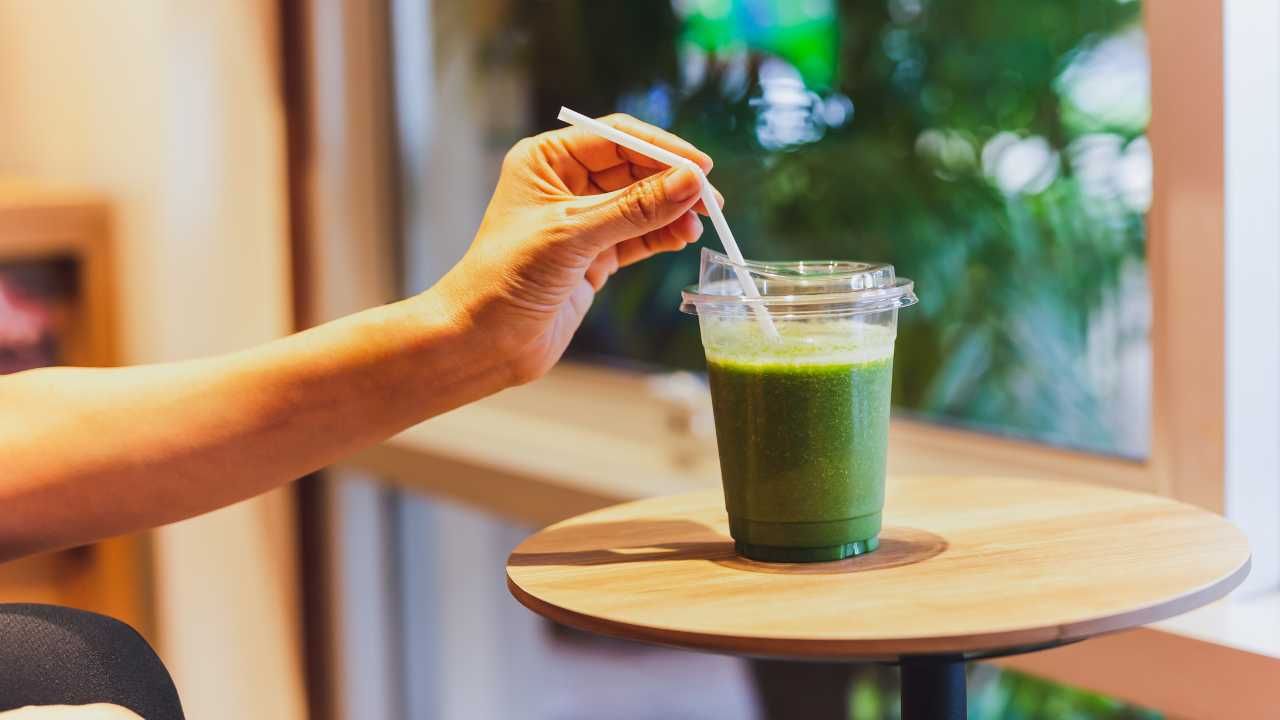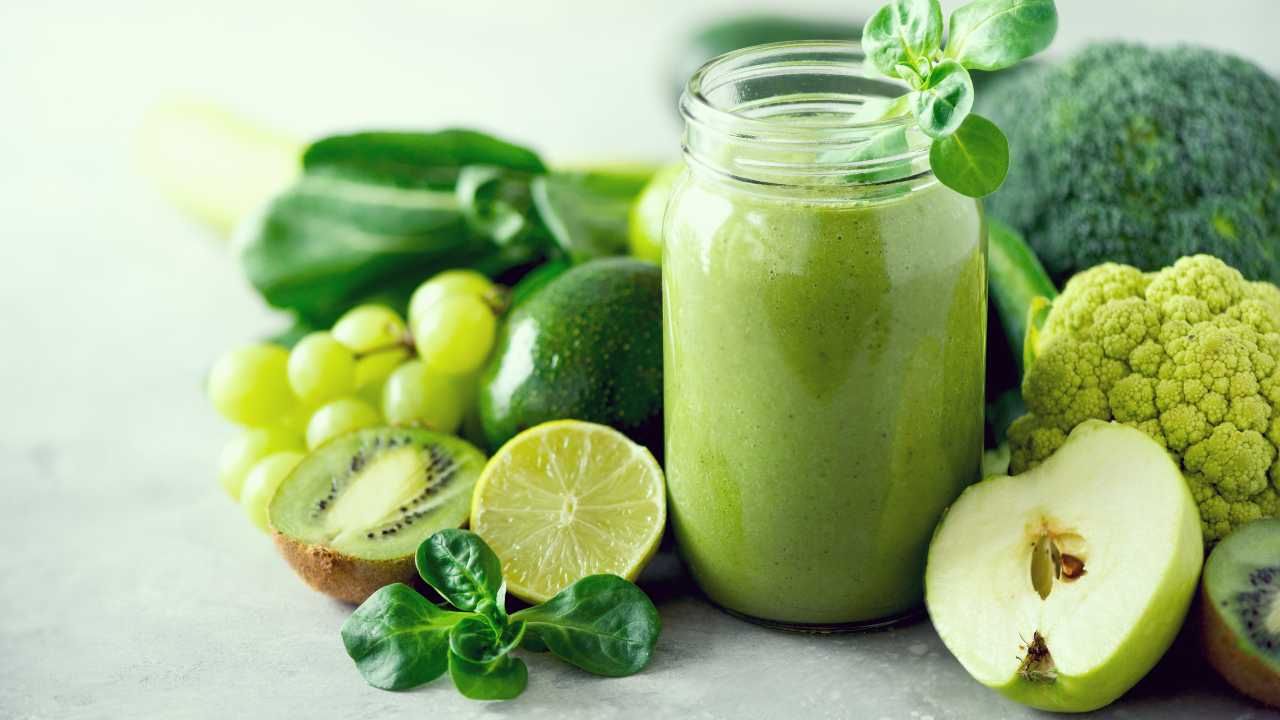Flavour Creators: Exploring the Job of a Flavourist
Jan 02, 2024
Introduction
In the world of food and beverage, taste is everything. From the sweet aroma of freshly baked bread to the tangy burst of a ripe citrus fruit, flavourings play a pivotal role in our enjoyment of food. But have you ever wondered about the science behind those flavourings?
Enter the role of flavourists, also known as flavour chemists – masterminds behind the taste and flavour profiles that we perceive in products we encounter daily, from our favourite foods and beverages to toothpastes and pet food.
In this blog post, we will explore the fascinating world of flavourists, the complexity of flavour creation, their skills, and the challenges they face in meeting consumer demands and preferences.
The complexity of flavour creation

Flavourists combine various aromatic and non-aromatic raw materials, such as flavouring molecules, essential oils, extracts/essences, and solvents, to create a wide range of natural and non-natural flavourings, mainly for the food and beverage industry.
However, flavour creation goes beyond simple mixing. It requires strong tasting skills, a deep understanding of science and chemistry, and a hefty dose of creativity to balance, taste, and describe each highly concentrated flavouring.
Flavourists not only recreate existing flavours like jammy strawberry but also invent exciting new ones, such as unique fantasy flavours like unicorn or cocooning flavourings.
Before recreating a naturally occurring flavour in the lab, flavourists must understand its composition. They rely on the research of scientists who have analysed around 80 to 90 percent of the components in most fruits, vegetables, plants, botanicals but also foods and beverages.
Formulating flavourings using aromatic chemicals is a skill that takes many years to master. Flavourists need to memorise, recognise, and familiarise themselves with hundreds of flavour chemicals.
They must understand the flavour profiles of these chemicals at different concentrations and their interactions, both chemical and sensory, with other flavouring chemicals and carriers.
Another challenge that may arise is understanding customer and consumer demands. Describing flavours requires a specific vocabulary (e.g., green, floral, clean, balanced), but this vocabulary is typically limited to particular areas of expertise.
Consequently, it is necessary for flavourists to provide training both internally and with customers in order to achieve a harmonised understanding.
To create commercially successful flavourings, flavourists rely on their experience, judgement, creativity, and intuition. This helps them navigate the complexity of various permutations in flavouring formulation and meet market expectations within tight timelines.
The intricate process of flavour matching
Creating matched flavourings is another complex part of a flavourist's job. The process starts with chromatography, which serves as a starting point for the first trial. The flavourists then taste the initial attempt and refine the formulations based on their perception and knowledge. This iterative process continues until they achieve the desired flavour profile.
However, flavour matching entails more than just taste. It also considers factors such as the availability of raw materials, cost, product shelf-life, and the evolution of the flavour profile over time. Additionally, the dosage in the final product needs to be carefully matched.
Understanding the end product
A flavourist should also have a comprehensive understanding of the food & beverage matrix in which the flavouring will be used, as well as the processing and storage conditions it will undergo.
Flavourists collaborate closely with the applications team to determine the optimal quality and quantity of flavouring(s) to be incorporated into the final product.
They continuously evaluate the flavour profile throughout the development process and conduct regular tasting, making necessary adjustments and modifications in the lab, to meet customers' requests.
This knowledge is essential in selecting the appropriate raw materials, carrier and format to protect the flavouring and ensure it is enjoyable and stable when consumed.
Ensuring safety and compliance
In the flavour industry, safety and compliance with regulations are of utmost importance. However, it can be challenging for flavourists, as they must stay updated on legislative changes and follow the different regulations of the countries where flavourings will be sold.
Each flavouring undergoes a thorough review process to ensure it meets relevant regulations. Flavourists create formulations in accordance with these regulations, and a dedicated regulatory department checks each flavouring to approve its safety for consumption in the intended application and country.
Becoming a flavourist
Becoming a flavourist and reaching seniority levels is a lengthy and rigorous process that demands years of training, experience, in addition to any academic preparation.
For instance, it can take several decades for a confirmed flavourist to achieve the status of senior flavourist, and this timeline can vary across different countries and companies.
In most countries, a degree related to food science is required to start as a junior flavourist. This degree can include food technology, food chemistry, or even broader chemical engineering.
However, countries such as France have stricter requirements. In France, a background in chemistry is necessary to pursue a specialised master's degree in chemistry applied to flavours. This makes France one of the few countries that offer degrees specifically focused on flavour chemistry.
Essential qualities for a flavourist
Being a flavourist requires a multitude of skills. It demands meticulousness, focus, patience, a scientific understanding, and excellent tasting abilities.
Additionally, creativity, curiosity, open-mindedness, communication skills, and collaboration skills play a crucial role in this small yet highly competitive industry.
The ability to find a balance between innovative, new flavours and the preferences of the general public is also crucial.
To stay updated on the latest trends, flavourists often rely on exhibitions, market trend press releases, and input from marketing departments to stay current in this rapidly evolving field.
Conclusion
Being a flavourist is a challenging yet rewarding job that encourages thinking outside the box. The satisfaction of successfully translating ideas from the lab to the final product, coupled with the thrill of creating new and unique tastes, makes this profession truly fulfilling.
So, the next time you enjoy your favourite flavoured snack or drink, take a moment to appreciate the complex work of flavourists. It is through their expertise that the beloved flavours we enjoy come to life.
Link to related blogs you may enjoy
🔶Flavourings Unwrapped: What is a flavouring?
🔶The Science Behind Flavourings and their Solubilities
🔶What You Need to Know Before Using Flavourings
🔶 Mastering Your Palate: How to Use a Flavour Lexicon
References
Previous experience includes working at a flavour house, where I received comprehensive flavour trainings.








